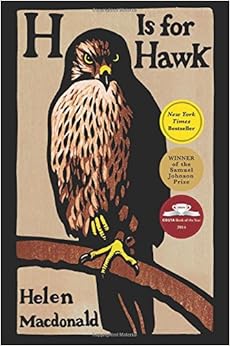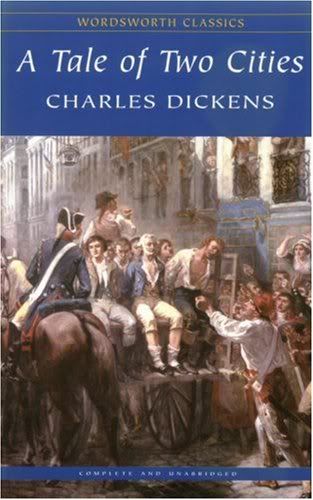
An antithesis to 'Brave New World', 'Island' is an absorbing philosophical novel concerning the possibility of a utopia, or close to it. Optimistic, enlightening, troubling, polemic; it is a novel of the 1960s but is still, if not more, relevant today. It is Huxley's last novel and suitably so, as it deals with the whole of life, spirit, learning, experience and finally death in an inquiring, fascinating way.
Will Farnaby deliberately wrecks his boat on the isolated island of Pala in south-east Asia. He is a journalist but is there to help seal a deal to gain rights to obtain Pala's oil reserves. Pala, however, is a paradise; a place opposed to the materialistic west and its forward march of progress; of its warring, commercial, lethargic, irreligious nature. In Pala the happiness of individuals, of the community, is regarded as more important than war, or products, or even oil. Meditation, hypnotherapy, yoga-love, controlled drug-taking, communal parenting and holistic education are the backbones of Pala's daily life. At first skeptical, Will is slowly enchanted by the island's life style and alternative philosophies. Will he succumb to its pull or find a way to exploit its oil reserves?
Granted, the plot is simple and most characters are half-formed and mostly used as vehicles to explain or signify some philosophical notion. But the dialogue brims with ideas. Unlike any dry philosophical treatise, 'Island' takes us on a whimsical, stimulating journey, exploring what it means to be human, how the psyche works, how humans can organize themselves, educate themselves and love one another. While it is demonstratively a product of the sixties, it remains highly relevant today. And it is evident Huxley has a dim view of humanity's progress. Growing populations, war armaments, pollution, television, consumerism clearly trouble Huxley. Unlike 'Brave New World', however, 'Island' offers an alternative vision; a possible utopia. And there are points reading it that you really wonder why the world hasn't sorted itself out in the way Pala illustrates.
I particularly liked comparisons between western and eastern philosophies:
'Western philosophers... they're nothing more than good talkers. Eastern philosophers are often rather bad talkers... but their philosophy is pragmatic and operational... When we make statements we back them up with a list of operations that can be used for testing the validity of what we've been saying.... The operations are called yoga... or Zen...' I am inclined to agree. As many people, including myself, are turning to 'mindfulness' as a way of coping with the frantic nature of modern life, I cannot help but think that eastern philosophies, although more mystical and ambivalent, give more instruction, more useful advice on how to live than western doctrine or religious statements. I found Huxley's musings insightful. The west may advocate the statement 'I think therefore I am' whereas the east actually tells you
how to
be. 'Island' offers an illustrative example of this difference in living.

Concurrently, 'Island' addresses issues of education. As a teacher, I found this especially interesting and think Huxley is not far off the mark on what constitutes the future of education; the best way children can learn. Children at the school in Pala are taught holistically. Experience or
understanding experience in relation to the self, body and the environment takes precedence. Meditating on the experience first is important. As Huxley writes:
'Children are... taught to pay attention to what they see and hear, and at the same time they're asked to notice how their desires and feelings affect what they experience of the outer world, and how their language habits affect not only their feelings and desires but also their sensations.' In the story children in the classroom are learning about flowers. Formal education may only get children to learn the mere
words, the
talk, of the flower. Pala's alternative is that children need to meditate on, experience the flower first in a kind spiritual, osmosis-tic relationship:
'Never give children the chance of imagining that anything exists in isolation. Make it plain from the first that all living is relationship.' Unfortunately, this is the problem for Pala in the story. A paradise, or at least a different way of living, cannot continue indefinitely, in isolation, when the rest of the world, locked in on-itself, is marching ahead without a moment's reflection.
In the end, Huxley remains pessimistic. Even if an island like Pala were truly to exist, whether you agree or not with its principles, it could never survive in a world predestined for conflict, consumption and corruption. Reading 'Island' gives us hope. It is always highly illuminating, intelligently written and disturbingly prophetic. Give it a read and see if you don't think the world could do with some reorganizing in a similar vain...
 Updike Willow
Updike Willow






